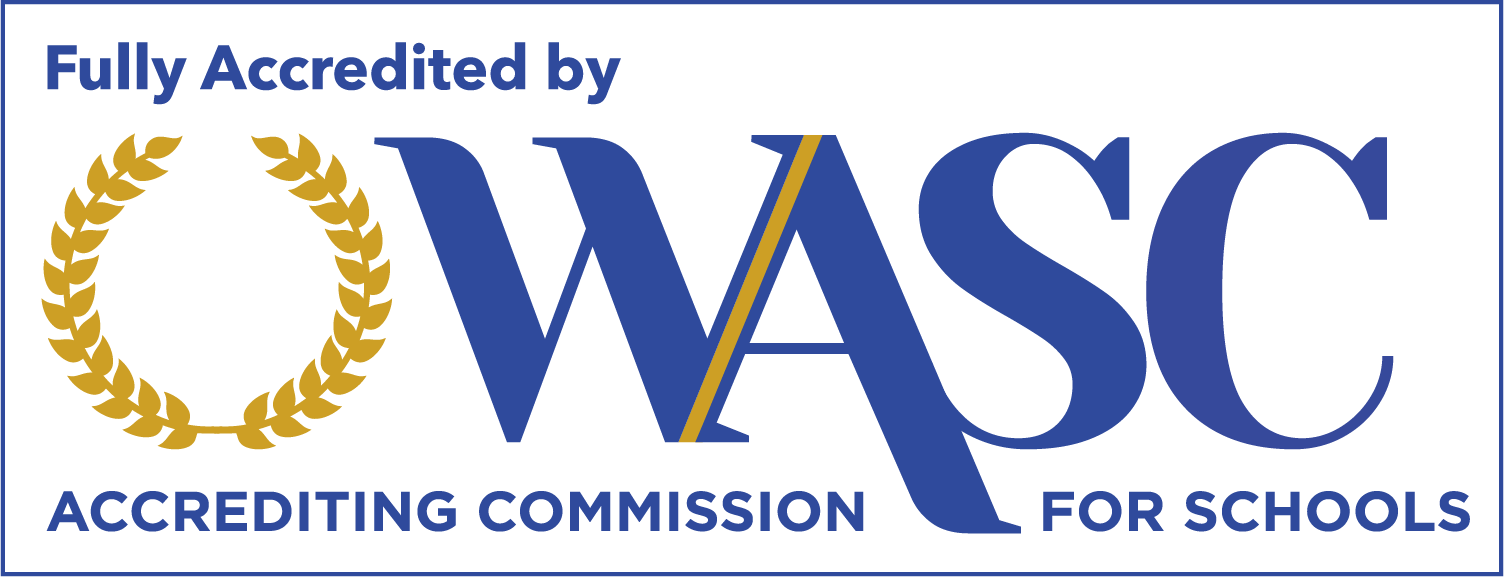“Will My Child Learn to Read Well?” Frequently Asked Questions by Parents of Children with Dyslexia
For parents who were previously unaware of it, hearing that your child has dyslexia for the first time usually causes tremendous concern. However, once they learn that it affects approximately 20% of the population, there may be some comfort in knowing that they are not alone in this journey. Being that dyslexia is caused by genetic factors, it tends to run in families. Although, dyslexic learners may or may not have the same set of struggles, despite it being inherited.
At READ Academy of Sacramento, we acknowledge dyslexia as a difference in learning, as opposed to a learning disability. We help children and adults who struggle to read due to dyslexia. Over the years, our success has been due to an evidence based, research-backed approach to teaching reading, writing and spelling to help those with dyslexia overcome their challenges.
Frequently Asked Questions By Parents of Children with Dyslexia
Many parents of children with dyslexia come to us feeling anxious about whether their children will ever learn to read or to enjoy it.
We are here to tell you that not only can your child learn how to read and love it, but with the right approach to learning, they can also achieve anything they dream of!
Parents often have a lot of questions, so we are going to answer some of the most frequently asked in this post. This insight can help you get a better understanding of reading and learning-related challenges for dyslexic children.
Q. My children do not like reading at all. How do I get them interested in it?
A. If your child struggles to read, books might not be a source of pleasure for them just yet. Students with dyslexia usually have average to above average intelligence. However, their reading ability can be significantly lower than their intellectual ability and interests. Audiobooks are one of the best ways to provide your child with rich literary exposure without the arduous task of reading. “Ear-reading” provides the same exposure to content, vocabulary, worldly knowledge and interests as “eye-reading” but can remove some of the stigma and challenges associated with not being able to read at their intellectual level.
Q. Can I just read the book by myself to my child? Does that help?
A. Yes! Reading to your child yourself is a wonderful bonding experience and is encouraged for as long as your child allows it. Young children usually love to curl up in a lap or next to an adult to listen to the stories of their choice. As your child matures, they may be more interested in curling up with a good audiobook. Often children will follow along as the parent or audiobook reads allowing for exposure to print content without the task of decoding the words themselves. When your child is ready to try on their own, we suggest that you set up a system where both of you can take turns reading. We recommend alternating paragraphs or pages from the book to keep them engaged with the story. However, we do not recommend forcing your child to read as it can lead to complete refusal and shut down. Reading is hard for them and it is exhausting. Instilling a love for books should not feel like a chore. Make it as pleasurable as possible so your child asks for more.
Q. What if they make a mistake while reading? Should I stop to make the correction?
A. Yes, gentle correction is recommended so that your child slows down enough to look at the word as opposed to guessing based on beginning and ending sounds, context clues or the shape of the word. Often, dyslexic students will skip those small preposition words like “of”, “in”, “the” or “at”. In doing so, they may miss subtleties in meaning resulting in the story not making sense. With gentle corrections, the student is able to correct their error which will in turn improve their comprehension and understanding of the passage.
Q. My child finds reading boring, should I try a more challenging book?
A. Children with dyslexia are often very bright and parents can struggle with finding the right books for them. This is why reading to them or offering audiobooks is so important. Allowing them to listen to the book based on their intellectual level, not their reading level, will help foster that love for reading.
Q. My child says they feel sad because others can read better, what should I say?
A. Children with dyslexia need to work harder to read than others their age. Unfortunately, this can leave them feeling less successful than others and can be damaging to their self-esteem.
Listen to your child when they express these concerns. Remind them of their talents and all their good qualities to boost their self-esteem but be sure to acknowledge and validate their feelings. Explain to them that everyone is talented in their own way and that it does not mean they are less intelligent than other students because they have a more challenging time reading. Let them know that everyone has their own pace, and with additional support and intervention, they will learn to read just like other children who find it easy to read.
Q. Is school ever going to become more comfortable for my child?
A. With the right intervention and additional support, dyslexic children can absolutely become more comfortable with school. Working with the right professionals who can better evaluate your child’s learning style can help you determine the best course of action to support your child with their reading acquisition. It will become easier for your child, provided they get the appropriate support using evidence-based remediation to improve their reading abilities. Children with dyslexia often require specialized instruction tailored to their unique needs in order to find success in school. Fortunately, we are here to help overcome these challenges.
How We Can Help Your Child with Dyslexia
Parents of children with dyslexia often worried about how this condition will affect their child’s future. Having the right information and guidance is an essential step to ensuring your child experiences academic success thereby allowing for them to experience the same opportunities as non-dyslexic students.
We, at READ Academy of Sacramento, have created the optimal school environment for students who learn differently. If your child with dyslexia struggles to read, write, spell or use math concepts successfully, we understand that they have different needs in their learning process.
We use a unique and tailored teaching approach developed through evidence-based curriculum, small class size and specifically trained educators to meet the needs of dyslexic students. Our passionate staff is here to help students develop academically, emotionally and personally so that each student is able to reach their fullest potential.
Contact us today to ask any questions you may have, to learn more about enrollment or to schedule a tour. We look forward to hearing from you!




